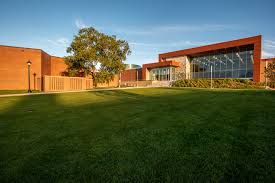The undergraduate program of study is designed with sufficient breadth and depth to enable our graduates to work successfully in industry or government, or to continue studies in graduate school.
The electrical engineering curriculum provides a firm foundation in fundamentals, while also giving students exposure to current technologies for design and implementation. It strives for a balance between theory, laboratory and design experience. In the first two years of study, students are given a broad foundation in mathematics, physics, chemistry, computer programming, applied mechanics, communication skills and humanities. Introductory courses in computer science and electric circuit analysis are also taken in the sophomore year. In the final two years, students build upon their earlier course work, taking a set of required EE courses intended to provide the core knowledge expected of every electrical engineer.
A student in consultation with his or her advisor chooses a number of electrical engineering professional elective courses, and various elective courses in the humanities and social sciences. The professional elective courses taken give the student expertise in an area of specialization in electrical engineering, or allow him or her to explore topics of individual interest. Areas of specialization in electrical engineering include: biomedical engineering, electronic circuits and instrumentation, microelectronics, systems, and telecommunications. Suggestions on the choice of professional electives appropriate for each area of specialization are found in the Electrical & Systems Engineering Department Guide to Course Selection.


